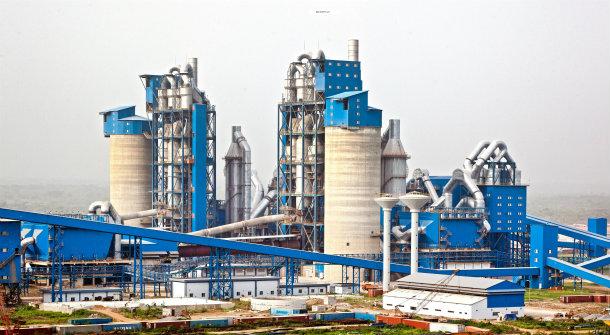Burundi was plunged into its worst crisis since the end of a civil war in 2005 after President Pierre Nkurunziza announced in April that he would run for a third term in office, a move opponents and protesters say is unconstitutional.
The president, whose CNDD-FDD party was declared winner of last month’s parliamentary poll that was boycotted by the opposition, cites a court ruling saying he can run.
Regional African states meeting in Tanzania on Monday called for the July 15 presidential poll to be delayed to allow Ugandan President Yoweri Museveni to mediate. They also urged steps including disarming youth groups linked to political parties.
“We are meeting today to consider a reaction,” presidential spokesman Gervais Abayeho told Reuters, saying the meeting would include government officials and the CENI election commission.
He did not give a time or say if the government was considering delaying the vote. He said the meeting would be held once the foreign minister returned from Tanzania on Tuesday.
The government has yet to issue a response to the meeting of the East African Community (EAC), whose member states are Burundi, Uganda, Tanzania, Kenya and Rwanda. South Africa, which helped broker the 2005 peace deal, also attended.
CENI President Pierre Claver Ndayicariye said provisional results of the parliamentary election on June 29 gave CNDD-FDD 77 percent of the vote, giving it another sweeping majority in the 121-seat parliament. The last assembly has 106 seats.
Opposition coalition Amizero y’abarundi, which includes the party of opposition figure Agathon Rwasa, secured 21 percent. The opposition boycotted the vote and said they would not take up their seats, but the election committee said they would count their votes as the name was on the ballot.
U.N. monitors declared the vote unfair, while European and African states did not send monitors as they said conditions were not right for a free election.
Nkurunziza’s election bid triggered weeks of protests, often involving clashes between demonstrators and police. Dozens of people were killed.
More than 140,000 people have fled Burundi fearing a return of ethnic-fuelled violence experienced in the 12-year civil war that pitted rebel groups of the majority Hutus, one of them led by Nkurunziza, against minority Tutsis, who then led the army.
The conflict ended with the Arusha accords, named after the Tanzanian city where they were brokered. The deal established ethnic quotas in institutions and other steps to restore order.
The president’s opponents say he is threatening that pact, which sets a two-term limit, by seeking a third term.


